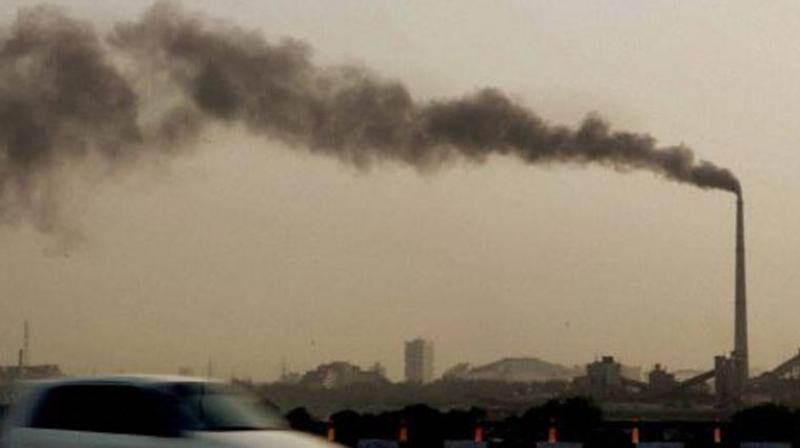Significant shift

As may be remembered, the largest opinion poll on climate change that was released not too long ago had concluded that almost two-thirds of those who participated in the poll viewed climate change as a serious global emergency. Another interesting part of the report listed popular support for some of the top solutions that are emerging for combating climate change. As per this survey, conservation of forest and lands, followed by the increased use of renewable energy were the two top solutions in terms of preference. Switching to a plant-based diet, however, easily came at the bottom of the list as the least favoured option in every country. This is despite the fact that there has been growing consensus amongst the scientific community that changing our diets may well be one of the biggest ways of limiting the ravages of human civilisation on our environment. UNDP emphasised through its report that it does not see this lack of support as people truly being against the option but it was rather a sign that significant education is necessary to add awareness of plant-based dietary options and why they are important.
And the need for such education is shown to be both urgent and great. A recent report by the Chatham House think tank has stated that agriculture in its current form is the greatest threat to 86 per cent of the 28,000 species that are known to be nearing extinction. The problem isn't just meat consumption, which has risen sharply over the years but also the problem of our food systems emphasising cheap food. The report states that this cycle of cheap food promotes a system where high demand for food leads to the ever-growing use of natural land for agriculture while also including increased usage of fertilisers and pesticides. This system also produces more waste. The report suggests not only a move to a more plant-based diet but also recommends that agriculture be made less intensive and more accepting towards a reduced yield in exchange for less damaging methods. Fixing our food systems would have a two-fold effect. First, it would curb one of the biggest contributors of greenhouse gases with our current food systems being responsible for producing around 30 per cent of all greenhouse emissions. Half of these emissions come from animal sources. This number is only expected to go up as the global population increases in the coming decades, leading to more land clearance and other activities to feed the growing population with a diet of cheap, increasingly meat-based options. The report points out that this diet is also one that takes a significant toll on human health as multiple studies have shown that our diets are adding billions in healthcare bills as food producers favour cheaper, more plentiful food products as a way of feeding a growing population. Processed meat, particularly red meat has received a significant amount of criticism as it has been related to an increased risk of heart disease, stroke and diabetes. Of course, meat producers have not taken such accusations lightly. Several have come forth and used the UNDP climate change survey as simple proof that even people who care about the climate like meat. The duty of governments and industry, as per these producers, is then to find safer, more sustainable methods to provide meat as part of a more 'balanced' diet.
Going into 2021, this is a particularly significant policy opportunity. As recovery from the pandemic affords nations the opportunity to rethink the direction of their most basic systems, there is an opportunity to include our dietary practices as part of climate change and public health conversation. The idea isn't to eliminate the habit of eating meat or to rally against cheap food. Our current food system, regardless of what else it may or may not do, has helped bring down global hunger to historically low levels in the last few decades as our production outstripped population growth. It is, however, time to consider what may have been the cost for this abundance. It is unrealistic to expect an immediate shift in diet or food production practices but 2021 is perhaps the best time to start what may be a long and difficult effort.



